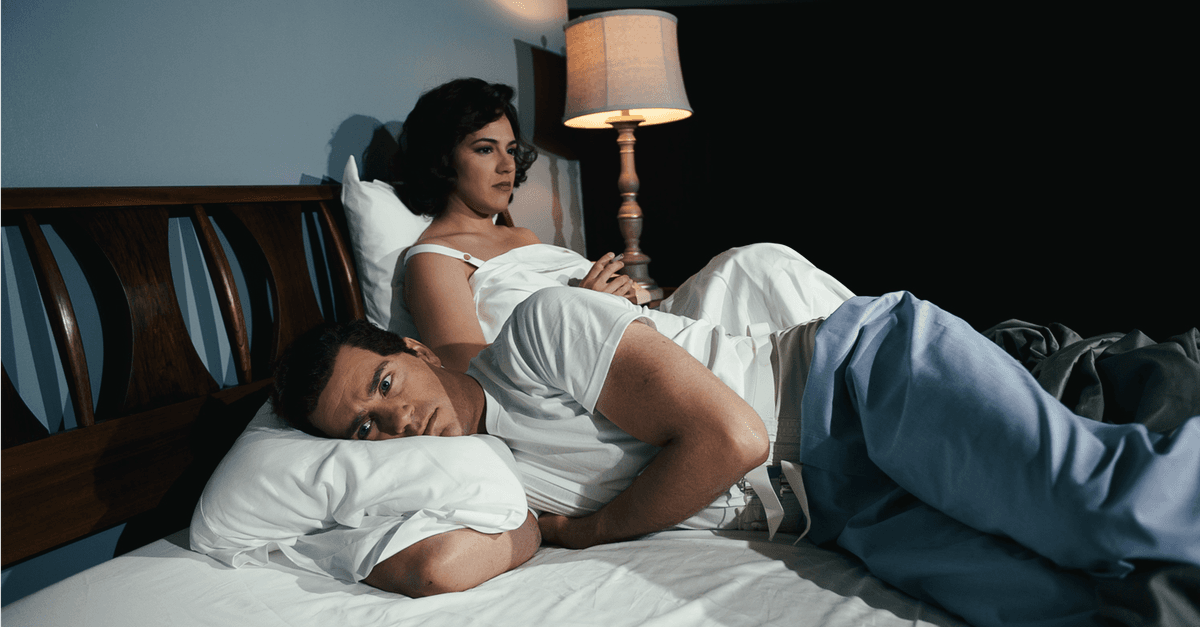This opera explores JFK’s last night alive
Daniela Mack and Matthew Worth as John and Jackie Kennedy in the new opera “JFK.”
Historians and conspiracy theorists have obsessed over every scrap of evidence from the day John F. Kennedy was assassinated. But we don’t usually pay attention to what the president was doing the night before he died. JFK and Jackie spent that night at a hotel in Fort Worth, the twin city of Dallas.
Recently, the Fort Worth Opera decided to commission a new opera to tell the story of JFK’s final night. For this, they turned to two up-and-coming stars of contemporary opera, the composer David T. Little and librettist Royce Vavrek. Little and Vavrek, who made their name with a kind of heavy-metal opera they wrote called “Dog Days,” titled their new opera on the Kennedy's last night, "JKF."
“I grew up in a family of Irish Catholic Democrats,” Little says. “JFK and the assassination was definitely something I grew up hearing about.”
It took Little and Vavrek some time to come up with the framework for telling the story of President Kennedy’s final night.
“To a certain extent we had a blank slate because we know that they arrived at the hotel and went to their suite. We know some things about the suite itself, but beyond that we don't know anything until the next morning. And so we had this gigantic sort of empty space in the narrative that we had to fill,” Little says.
Eventually they decided to focus the opera on that part of the night that Jack and Jackie were unconscious.
“We decided that perhaps dreams were the sort of portals into the subconscious of Jack and Jackie,” Vavrek says. “Jack had such a terrible back and he was using drugs to alleviate the pain and soaking in bathtubs every night to sort of allow for him to reset. In our narrative, it’s his sort of evening bath that he falls asleep and he's high on morphine. When we discovered that Morpheus was a sort of a Greek keeper of dreams, it just sort of made sense that his story would be told through the dream state that he finds himself in.”
Using dreams as a way to get at JFK’s story turned out to be a way to understand more about Kennedy.
“The dreams throughout the piece really teach us about JFK and who he was as a person,” Little says, “They get beyond the sense of him as the president and they talk about him, they illuminate him as a man, as a human.”
The opera touches on the theme of JFK’s death, but doesn’t dive into the conspiracy theories surrounding his murder.
“We sort of joke that we avoided the conspiracy theory about Kennedy's assassination except for the cosmic conspiracy theory,” Little says. “It’s really about the fates and the thread of life that each of us have, you know. And this idea of the fates: One spins the thread, one measures the length of the thread and the third fate cuts the thread. And that is your life, you know, and that symbol of the thread in a lot of ways continues through the whole piece.”
This article is based on an interview that aired on Studio 360.
